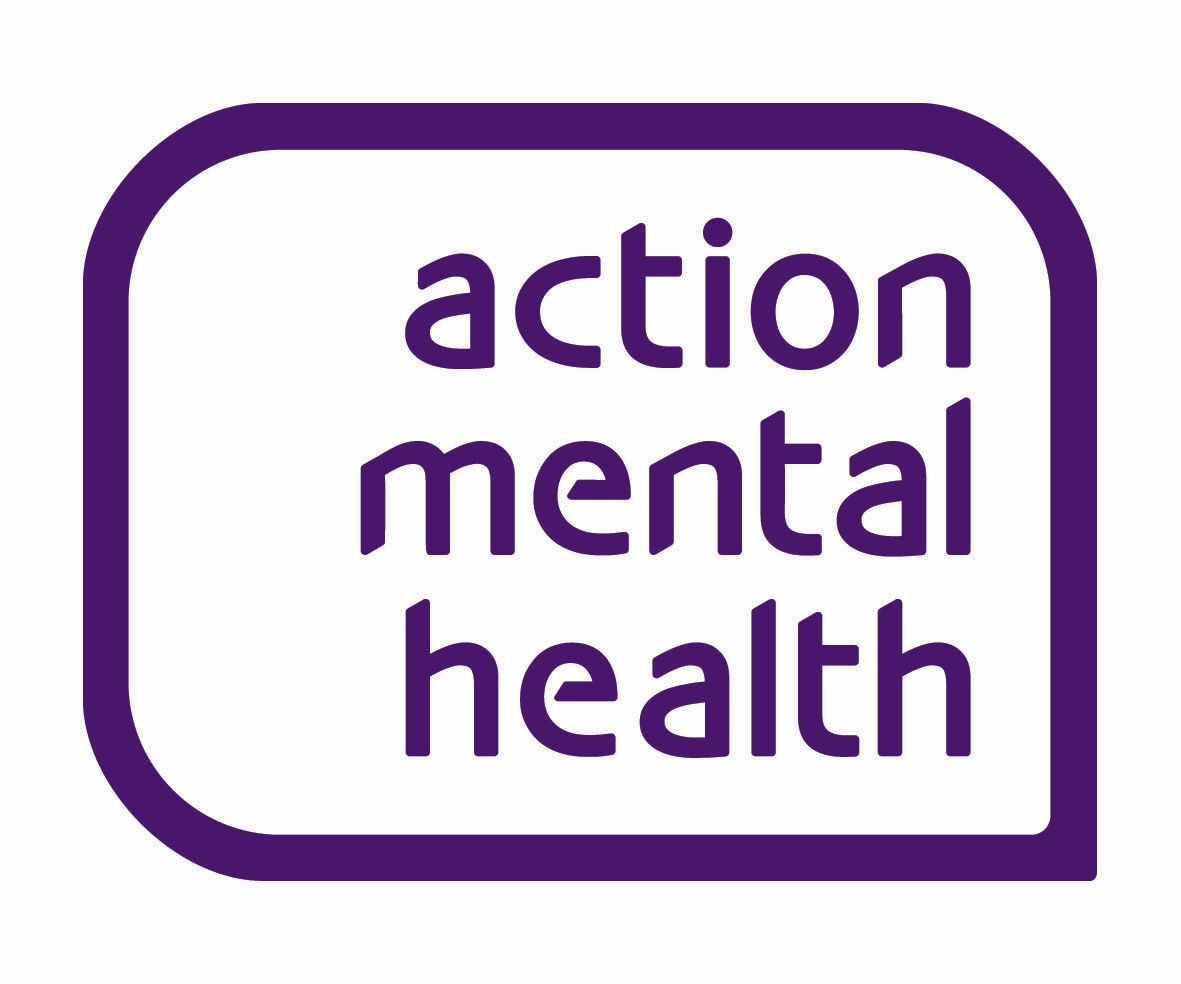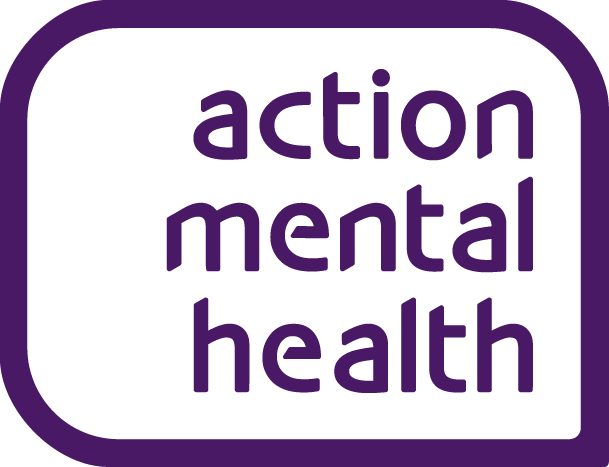Sep 1
Working Together
September 2023 Newsletter issue
Three key questions to ask when building a
routine to support your mental health
The word “routine” doesn’t often cultivate excitement. In fact, words such as “boring” and “restrictive” may even spring to mind. Yet in the uncertainty of post COVID life, Brexit and the cost of living crisis, it’s not surprising that many people have found themselves craving predictability in times of uncertainty. With books such as James Clear’s “Atomic Habits” flying off the shelves, it’s evident that we’re becoming increasingly receptive to the idea of using daily habits to support our mental health and productivity. Indeed, a wealth of research points to the benefits of routines in managing mental wellness.
For instance, a 2018 found that building consistent daily habits promote better quality sleep, increase resilience to stressors and moderate impulsive behaviour. Similarly, another study in the Lancet Psychiatry found routine that using routines to increase the predictability of daily life can combat burnout and increase daily
For instance, a 2018 found that building consistent daily habits promote better quality sleep, increase resilience to stressors and moderate impulsive behaviour. Similarly, another study in the Lancet Psychiatry found routine that using routines to increase the predictability of daily life can combat burnout and increase daily
productivity.
Whilst these benefits are enticing, you may still be wondering how to begin building a routine which works for you! Instead of trying to implement a hundred daily changes, we recommend starting by asking yourself three key questions.
Whilst these benefits are enticing, you may still be wondering how to begin building a routine which works for you! Instead of trying to implement a hundred daily changes, we recommend starting by asking yourself three key questions.
Q1: What are the habits that I need to do everyday in order to maintain positive mental health?
Whether we realise it or not, we all do many things on a daily basis to support our own wellbeing. In the same way we may subconsciously add an extra spoonful of vegetables to our plate to support our physical health, we may also subconsciously know that getting outside on a daily basis will help our mental health.
Begin by writing a list of the things you need to do every day in order to maintain positive mental health, some ideas include:
Begin by writing a list of the things you need to do every day in order to maintain positive mental health, some ideas include:
- Getting outside for at least 20 minutes every day
- Taking medication as prescribed
- Practicing 5 minutes of mindfulness
- Speaking to a friend or loved one
- Utilizing positive affirmations
- Getting 7-9 hours sleep
Once you have this list, take stock of whether you are currently able to tick each task off consistently on a daily basis. Perhaps you live with family so speaking to loved ones is easier to achieve, yet you can struggle to consistently get enough sleep and find that this affects your ability to deal with stress the next day?
Before you add new habits, focus on your existing ones. If sleep is proving problematic- can you begin to introduce 5 minutes of meditation prior to bed or integrate journaling into your bedtime routine? By focusing on these daily non-negotiables, you’ll find yourself slowly introducing habits which support daily wellness.
Before you add new habits, focus on your existing ones. If sleep is proving problematic- can you begin to introduce 5 minutes of meditation prior to bed or integrate journaling into your bedtime routine? By focusing on these daily non-negotiables, you’ll find yourself slowly introducing habits which support daily wellness.
Q2: What tools can you use on a weekly basis which would be beneficial to your mental health?
When it comes to routine, we often try to introduce a multitude of habits that we want to implement every day. As a result, it’s not uncommon to begin to feel overwhelmed or start to feel as though you’ve failed if this lengthy list of habits proves unachievable.
Instead, we encourage you to keep your daily non-negotiables small and achievable, adding other habits on a weekly or twice-weekly basis instead (you can always increase their frequency down the line once these habits become more engrained). For example, it may not be achievable for you to commit to going to the gym on a daily basis.
Instead, you might choose to commit to 5 minutes of daily movement and choose to add a gym session once or twice a week. Other examples of weekly or twice weekly habits including: spending an uninterrupted
Instead, we encourage you to keep your daily non-negotiables small and achievable, adding other habits on a weekly or twice-weekly basis instead (you can always increase their frequency down the line once these habits become more engrained). For example, it may not be achievable for you to commit to going to the gym on a daily basis.
Instead, you might choose to commit to 5 minutes of daily movement and choose to add a gym session once or twice a week. Other examples of weekly or twice weekly habits including: spending an uninterrupted
evening with your partner/spouse, attending therapy, using journaling prompts, reviewing your budgeting, engaging in a hobby or eating a meal mindfully without distraction. Remember that introducing habits slowly and consistently over time leads to long-lasting and impactful
change so focus on one habit at a time in the knowledge that small changes add up!
Q3: Which tools can you implement during the more difficult periods?
Whilst adding predictability and routine to our lives can have a hugely positive impact, it’s not realistic to expect that life will always feel predictable as a result! There may be times in your life where, through no fault of your own, you begin to struggle with your mental health.During these times, it can be useful to have a list of tools or strategies which you can implement daily, weekly or as needed in order to manage a difficult or stressful period. These strategies may include:
- Reaching out to your GP, therapist or other healthcare professional
Requesting additional support and/or - Requesting additional support and/or reasonable adjustments from your workplace to help manage your mental health in work
- Using mindfulness tools such as visualization, grounding and breathing exercises to alleviate stress/ anxiety.
- Saying “no” to commitments which exacerbate your symptoms
- Asking for additional help from loved ones with practical tasks such as childcare or household responsibilities

Action Mental Health is a charity which has been at the forefront of mental health support since 1963. supporting recovery and changing lives. We believe that when employees are supported, we'll see a healthier more engaged workforce.
Copyright © 2025
